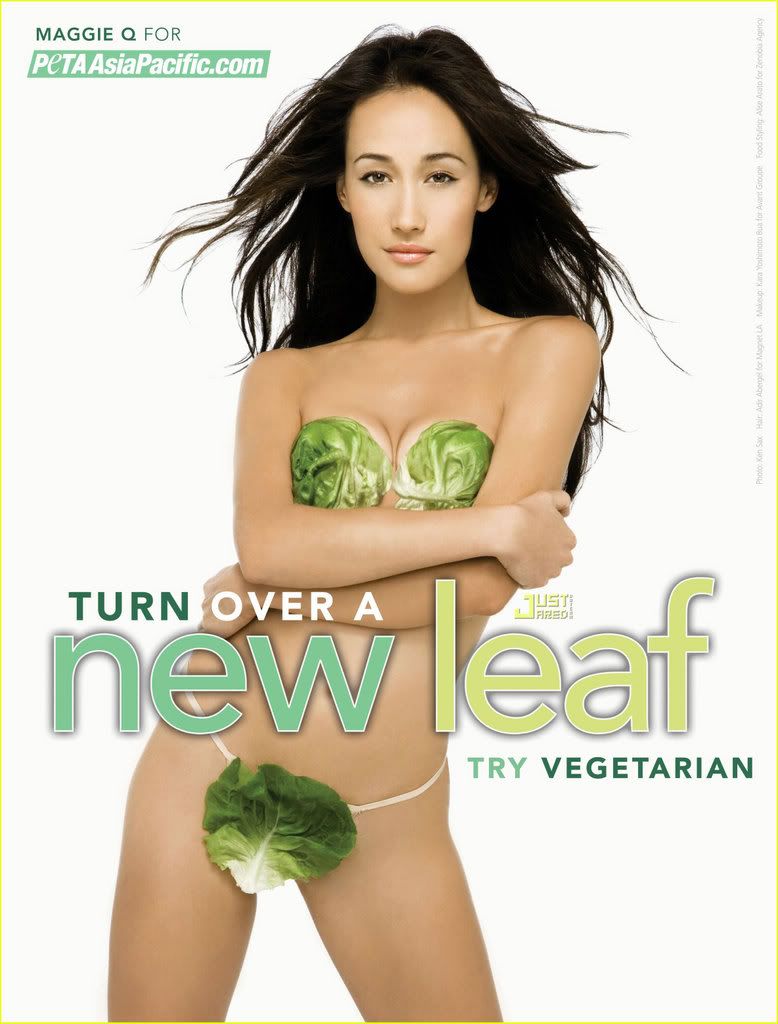I don't believe I, as a woman, am turned on to a product by seeing an advertisement utilizing sex appeal. In fact, I think that women are much more keen to consubstantiality than sex appeal. In many of the sex ads, women as the advertisers focus, I desired to be like that women, have what that women had, and look like that women looked like.
In the most recent ads that I have posted, advertisers have tried to appeal to female demographic. In my humble opinion, it isn't effective. Men are sexually/visually turned on: women aren't. Seeing a sexy man in the nude isn't going to make me want a specific brand of toilet paper, a "naturally soft" laundry detergent, or even a wedding dress. In fact, I find that more offensive than persuasive.
What about the rest of you? Do you find an ad like this persuasive or not?

This ad is a great example of my point. I find it flagrantly disrespectful and crass. Sexual appeal is not always appropriate, especially advertising something as important and sanctified as marriage. The naked man in the background is in no way selling me this dress...
I'm very interested in hearing other peoples' opinions...
I'm very interested in hearing other peoples' opinions...








